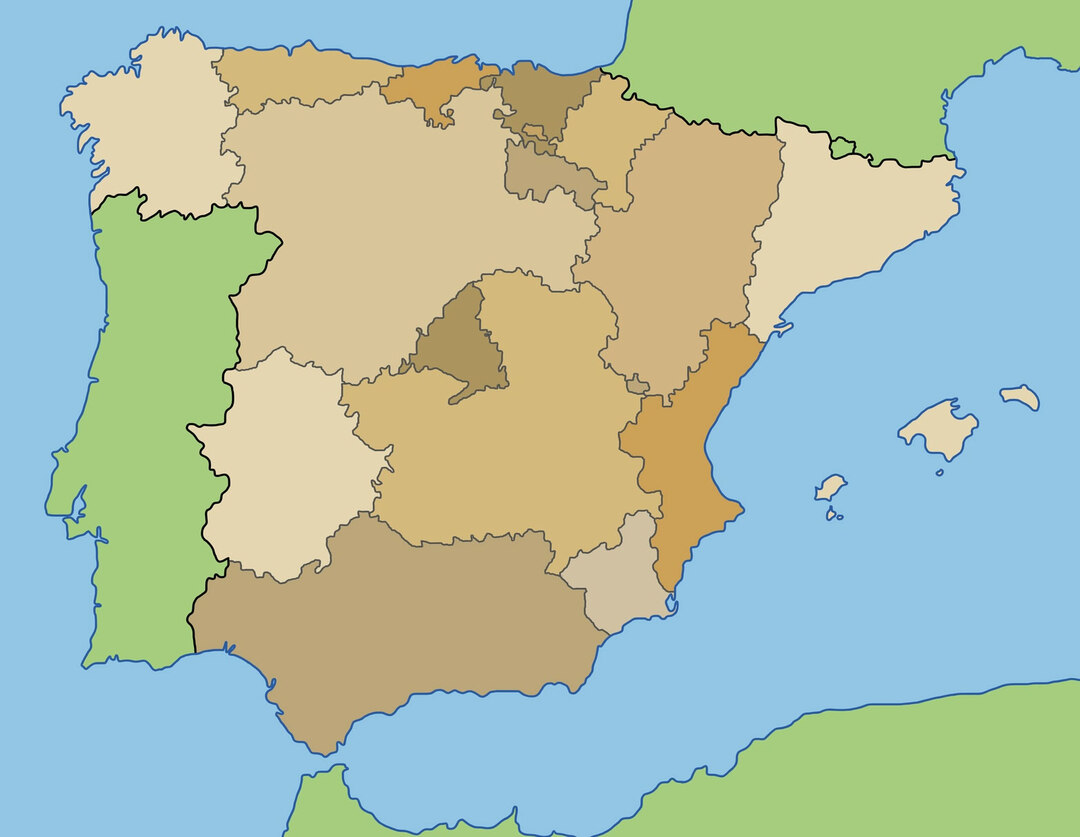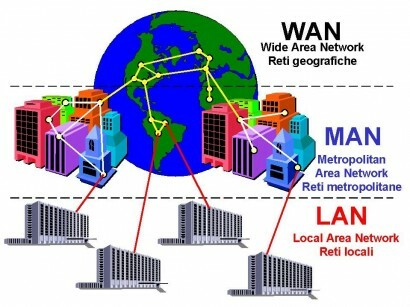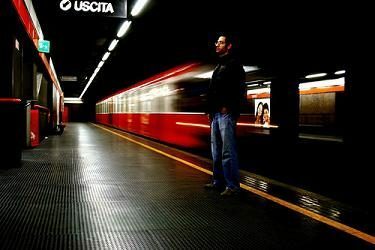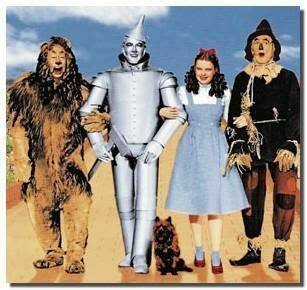Definition of Late Franco Terrorism
Miscellanea / / July 04, 2021
By Javier Navarro, in Aug. 2018
 After the death of the dictator Francisco Franco in 1975, a democratic stage did not begin immediately and for this reason there is talk of the Spanish Transition. In those transitional years (approximately 1975-1981), a series of terrorist groups emerged from ideology ultra-rightist who sympathized with the previous regime.
After the death of the dictator Francisco Franco in 1975, a democratic stage did not begin immediately and for this reason there is talk of the Spanish Transition. In those transitional years (approximately 1975-1981), a series of terrorist groups emerged from ideology ultra-rightist who sympathized with the previous regime.
Historians have coined a term to refer to these groups: terrorism late Francoist.
Main groups, objectives and dissolution
There were several terrorist groups: Triple A, Guerrillas of Cristo Rey, Spanish Armed Groups, Anti-Marxist Commands or the Spanish Basque Battalion. They all had a set of traits in common:
1) they opposed the democratization of the country and rejected the amnesty of political prisoners,
2) they fought left-wing terrorism, especially that of the terrorist group ETA,
3) were opposed to Marxism and the legalization of the Communist Party of Spain, the revolutionary students and the Basque and Catalan separatist movements,
4) defended the unity of Spain and
5) with their terrorist actions they tried to pressure the government French, which opposed the extradition of the Basque terrorists detained in France.
On the other hand, to a greater or lesser extent the far-right terrorists had the support of the intelligence state (SECED). Likewise, these groups had ties to the party Force New of Franco's ideology and with the movement Italian neo-fascist.
After 23-F, far-right terrorism dissolved
As for the number of murdered, it is calculated that they were a total of 66. Among them, it is worth highlighting the five labor lawyers who were murdered in 1977 in his office on Atocha street in Madrid or the university student Yolanda González Martín, murdered in 1980.
After the failed coup of 23-F, the different far-right terrorist groups gradually dissolved.
Troubled years
Late Franco terrorism was ideologically connected with the so-called sociological Francoism. Thus, a sector of society did not support advances towards democracy and in that atmosphere some groups promoted the creation of terrorist groups.
Between 1975 and 1981, Spanish society lived some turbulent years. A part of the army and some sectors of the church did not look favorably on the path to democracy. The terrorist group ETA was very active and some soldiers understood that the state's response was weak and insufficient. It was not until 1978 that a new Constitution. From an economic point of view, inflation reached alarming figures.
Photo: Fotolia - Tupungato
Topics in Late Francoist Terrorism


